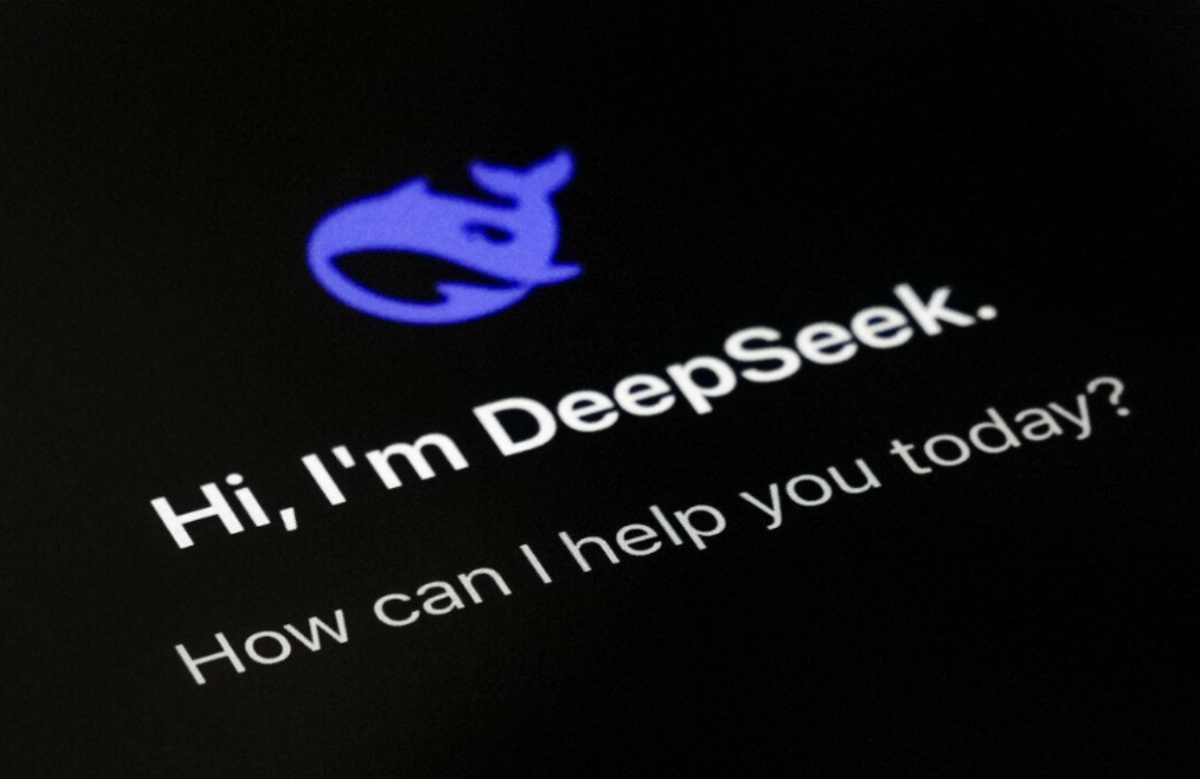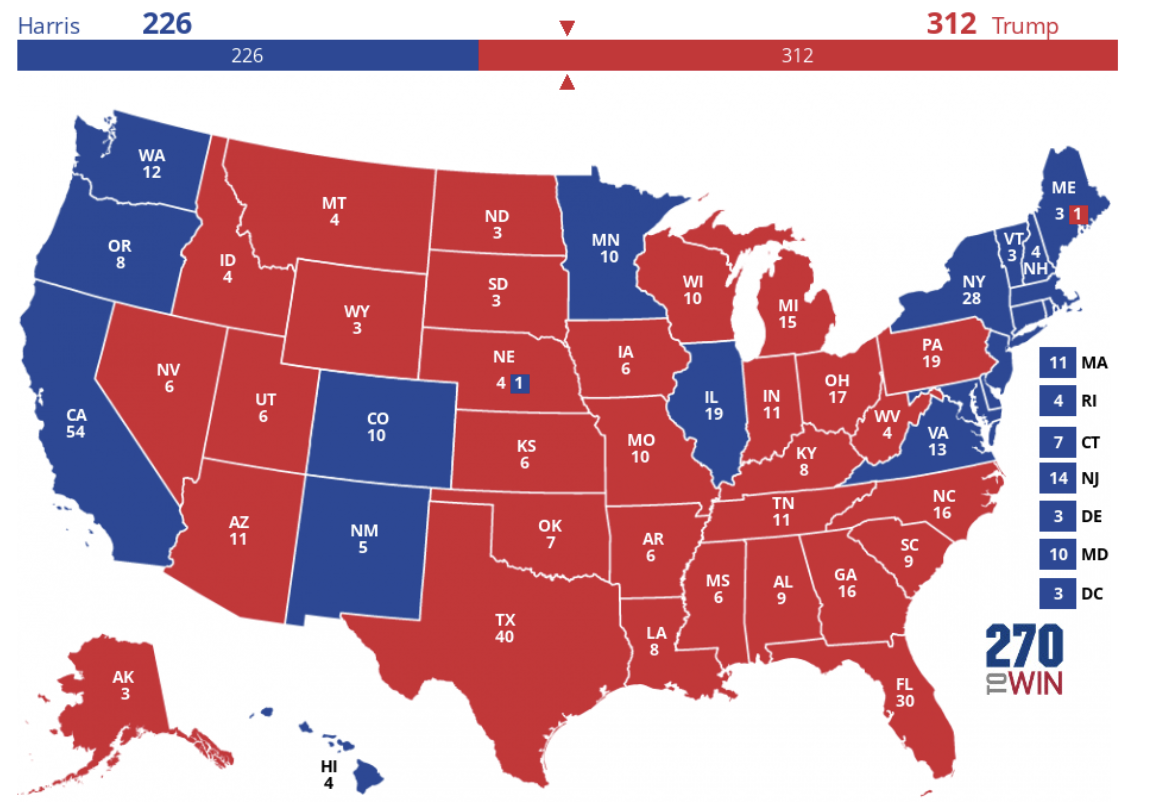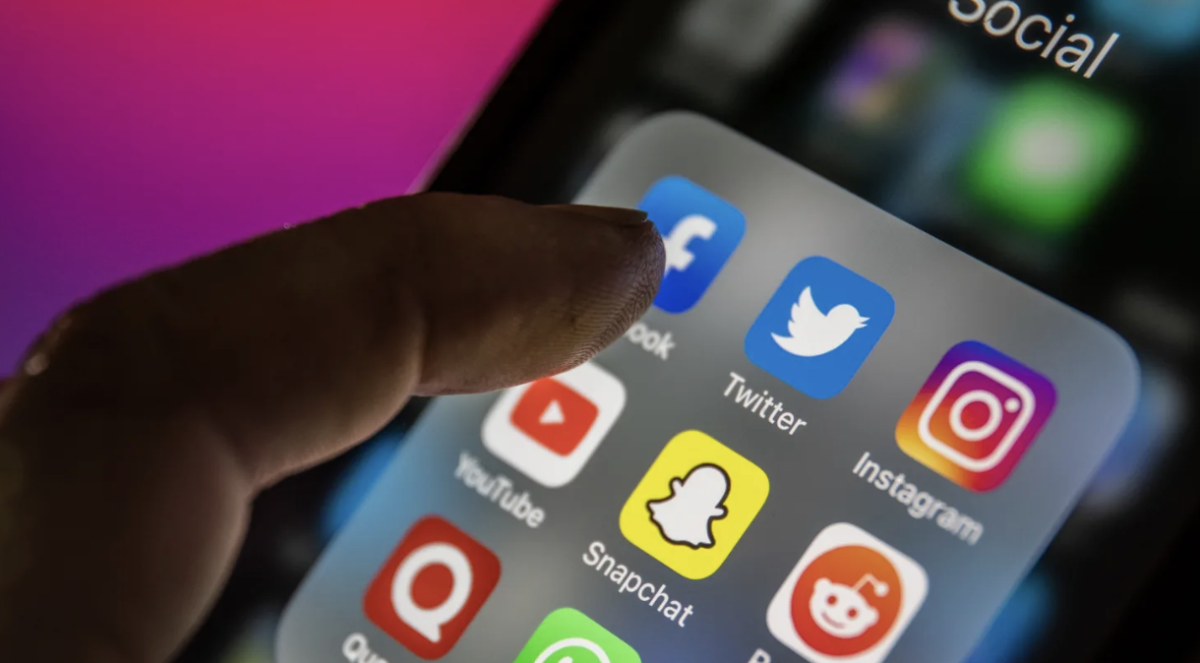On Sept. 16, YouTubers Olajide “KSI” Olatunji, Logan Paul, and Jimmy “Mr. Beast” Donaldson announced the release of Lunchly, a new brand of snack kits and pre-packaged lunches for children. With prior success in sports-drink brand Prime Hydration and snack brand Feastables, the trio expected to receive immediate support for this “healthier” alternative to the already iconic Lunchables brand; however, in the ensuing weeks, abundant and ruthless criticisms would be the only feedback they received.
From the second that news surfaced about Lunchly’s release, negative attention for the product arose on the platform X (formerly known as Twitter). Notably, criticisms of the product went viral after retired video game YouTuber Daniel Middleton, more commonly known as “DanTDM,” commented on the situation.
In an X post, Middleton said that the YouTubers “[are] selling crap to kids who don’t know better than to trust the people who are selling it to them,” firmly demanding the trio of YouTubers to “do better.” Middleton’s post currently sits at 600,000 likes and has 57 million views.
Middleton’s sentiment resonated with a large majority of netizens, causing many to label the release of the product as a display of greed. Onlookers argued that, despite the product being marketed as a “healthier alternative,” these packaged lunches are ultra-processed—inherently detrimental to the health of growing adolescents within the fanbases of the YouTube trio.
According to a British Medical Journal review published in February 2024, researchers found that ultra-processed food exposure was directly associated with adverse health effects in 32 out of the 45 pooled analyses. Specifically, the review found “convincing evidence” (class I) for a correlation between exposure to ultra-processed foods and cardiovascular disease-related mortality, Type 2 diabetes, and common mental disorder symptoms. These adverse effects typically result from the elevated levels of saturated fats, salts, and sugars in ultra-processed foods, which all contribute to a calorie dense and insatiable snack. Moreover, the use of new synthetic chemicals—whether for taste, appearance, or preservation—has also been directly attributed to a wide range of negative health effects, some of which are yet to be discovered.
“If these are artificially added preservatives… it can cause anything from breathing problems, to inflammation, to heart problems, to cancer, and also to mental issues—depression and anxiety,” said Sharon Loughran, former nutrition teacher and current Westminster varsity coach for swimming and girls soccer. “It really is poisoning people.”
The Lunchly website admits to the usage of potassium sorbate, a preservative commonly found in ultra-processed foods, and sodium benzoate, a preservative linked to nausea, vomiting, and cancer.
Other criticisms acknowledged the moral responsibilities behind the power that online influencers possess. While advertising through social media is legal and often practiced, regardless of the product’s “goodness” or the seller’s intent, the situation with Lunchly simply does not sit well with many.
“I think it’s morally wrong that influencers, whose primary audience is children… are trying to sell these products,” said junior Owen Lahiji, who is a captain of two of Westminster’s co-curriculars: Science Bowl and Science Olympiad. “I think influencers are trying to take advantage of the fact that kids are gullible.”
“It seems like a modern version of a snake oil salesman,” said Latin teacher Brent Cavedo. “[The influencers] are playing to their psychographic– taking advantage of their identity for financial gain.”
“Obviously, influencers are especially impressionable to the younger generation,” said junior Clayton Clemmons, who leads Westminster Ethics Bowl. “They do have a responsibility to watch out for the health of the kids.”
On the other hand, fans of the YouTube trio have argued that the entire controversy is an example of the internet’s “cancel culture.”
The social phenomenon of “canceling” celebrities, TV shows, or other in-the-works projects through excessive online criticism and ostracization has existed since the late 2010s. In a 2023 analysis of cancel culture by Frontiers of Psychology, researchers discovered a relationship between collective validation and collective action. Since cancel culture amasses a collective group with uniform agreement in beliefs and goals, participating in such a movement may have been motivated by a desire for validation. Cancel culture has already been labeled as problematic and excessive by online critics, so many Lunchly defenders have argued that the public consensus has jumped on the “hate train” too impulsively.
Moreover, many can’t help but acknowledge Lunchly’s staid competitors. The established Lunchables brand has been at the center of comparison for Lunchly’s marketing campaign. Although the YouTuber food brand claims to be healthier than its competitor, the two boxed lunches have been described as indistinguishable by food critics in terms of taste and appearance. As a result, a question lingers in the minds of many: why does one of these ultra-processed boxed lunches receive such ruthless criticism while the other is cherished as a school-lunch staple?
Edited by Samanyu Ganesh




